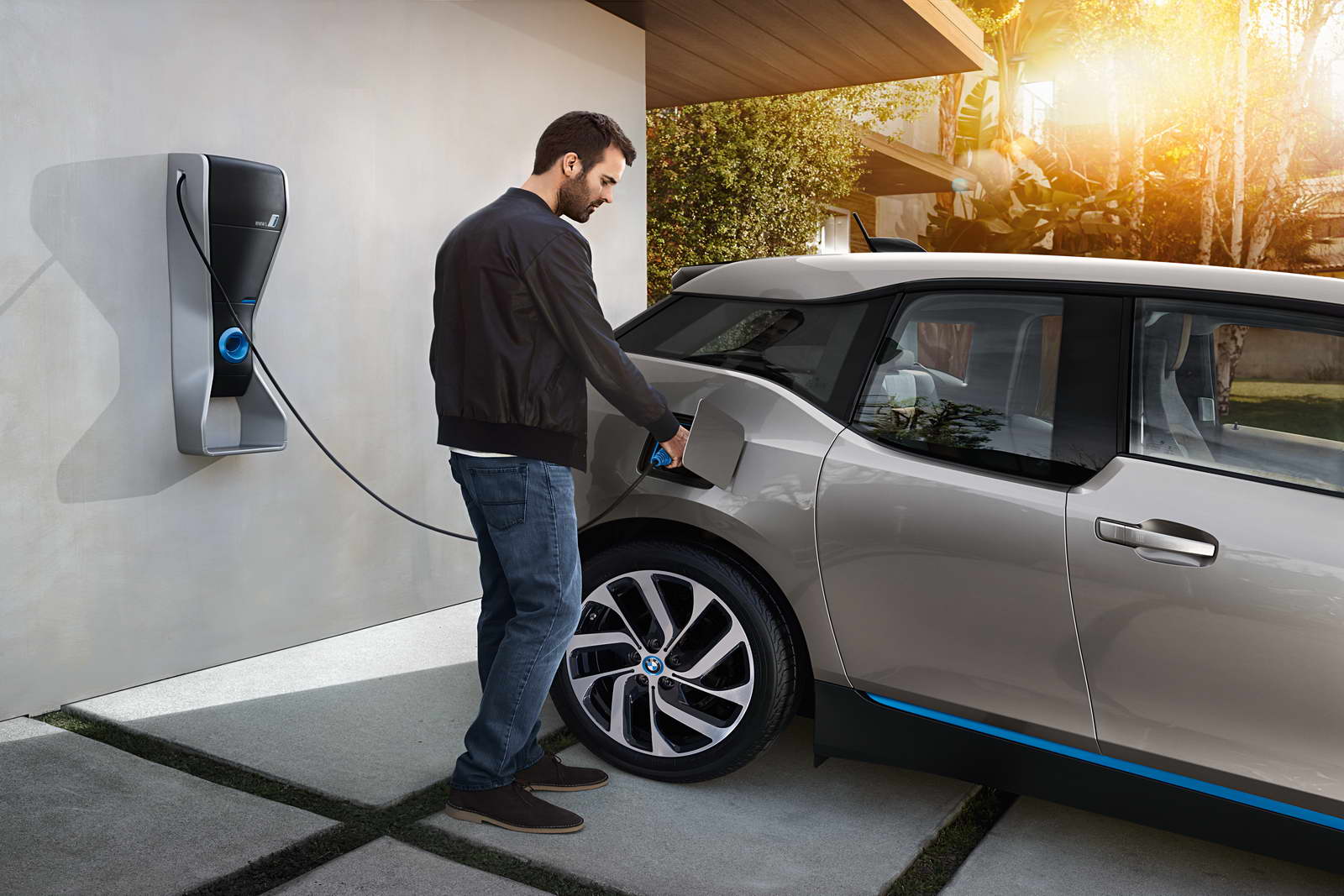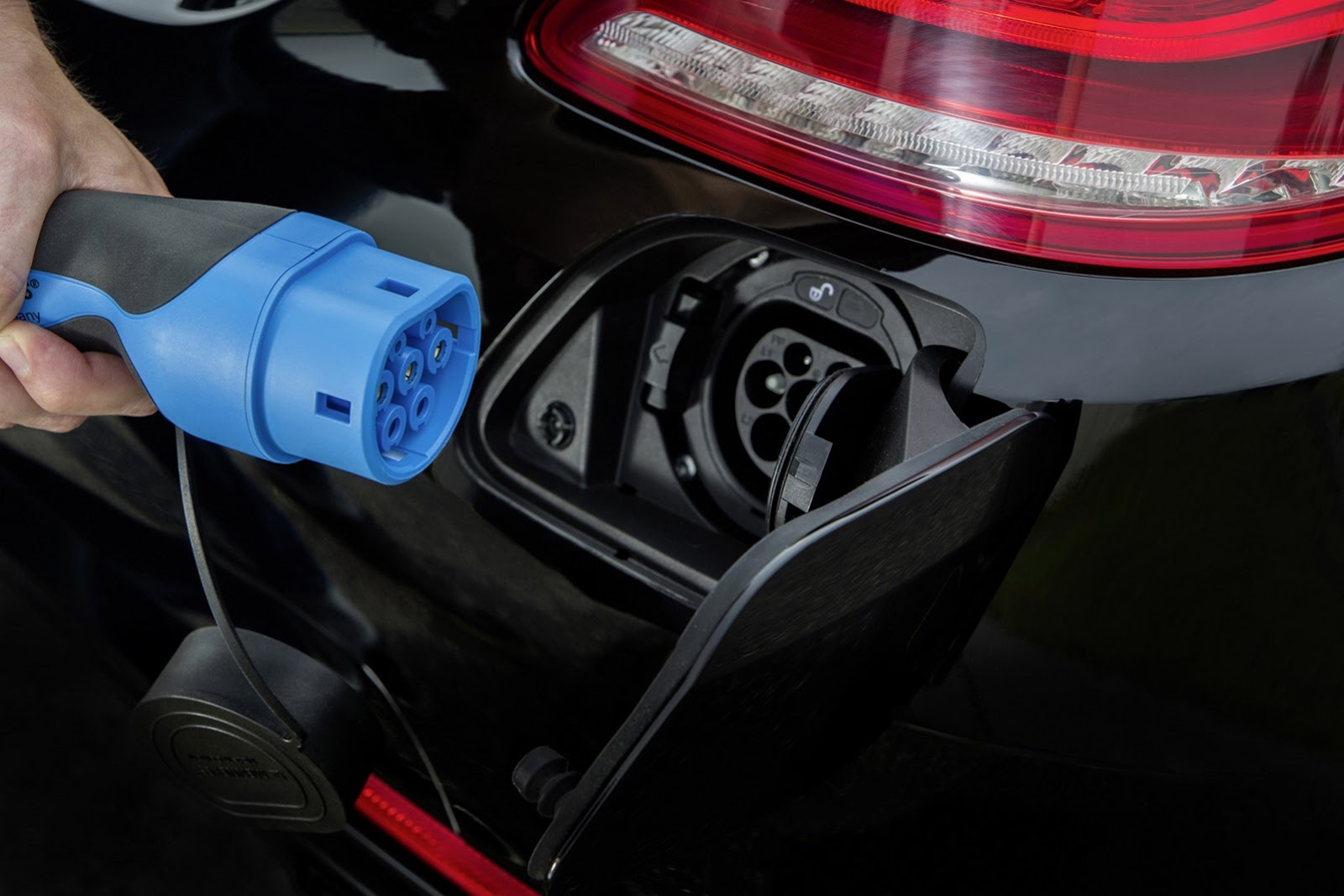Buying a brand new electric car for less money than you would spend on a petrol or diesel model in just seven years from now? Sounds almost too good to be true.
Except that it’s not. At least not if battery pack prices continue to fall, despite demand for the metals that go into these units being on the rise. According to Bloomberg, some EVs will cost about the same as ICE (internal combustion engine) cars by 2024, whereas by 2025, they could be even cheaper.
Due to the expected increase in mass manufacturing of lithium-ion storage, battery prices could drop to as little as $70 per kilowatt hour by the year 2030, whereas by comparison, last year that figure stood at $208 per kWh, which meant that automakers had to put a higher price tag on their EVs.
“Electric vehicle sales will continue to ramp up in the coming years, but battery prices still need to decline further for real mass market adoption,” stated Bloomberg New Energy Finance analyst Colin McKerracher. “If battery material costs keep rising sharply, this could push back the crossover point.”
Government incentives should play a major role as well, with many countries trying to clean up smog in their cities. According to the World Wildlife Fund, phasing out diesel and petrol cars earlier than expected could add an extra 14,000 jobs to the industry.






